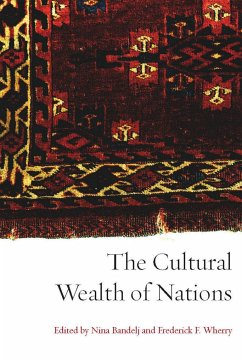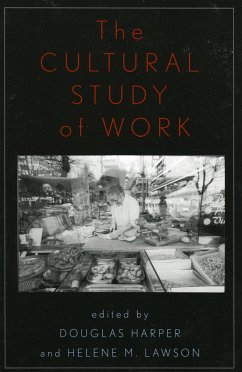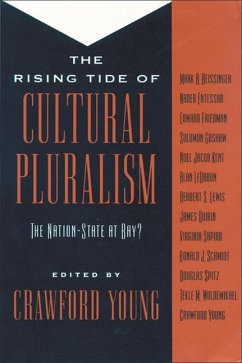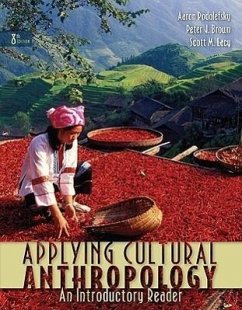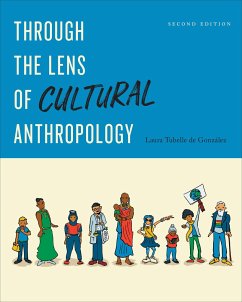Nicht lieferbar
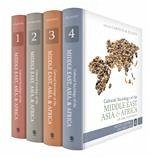
Cultural Sociology of the Middle East, Asia, and Africa
An Encyclopedia
Herausgeber: Stanton, Andrea L; Elliott, Carolyn M; Seybolt, Peter J; Ramsamy, Edward
Versandkostenfrei!
Nicht lieferbar
In our age of globalization and multiculturalism, it has never been more important to understand and appreciate all cultures across the world. The four volumes take a step forward in this endeavour by presenting concise information on those regions least well-known to students across Europe: the Middle East, Asia and Africa. The volumes convey what daily life is like for people in these selected regions. Entries will aid readers in understanding the importance of cultural sociology, to appreciate the effects of cultural forces around the world, and to learn the history of countries and culture...
In our age of globalization and multiculturalism, it has never been more important to understand and appreciate all cultures across the world. The four volumes take a step forward in this endeavour by presenting concise information on those regions least well-known to students across Europe: the Middle East, Asia and Africa. The volumes convey what daily life is like for people in these selected regions. Entries will aid readers in understanding the importance of cultural sociology, to appreciate the effects of cultural forces around the world, and to learn the history of countries and cultures within these important regions. Key Features -Topics are explored within historical context, in three broad historical periods: prehistory to 1250, 1250 to 1920 and 1920 to the present. -One volume each is devoted to the regions of the Middle East and Africa and then one volume to East and Southeast Asia and a final volume to West, Central and South Asia. The volumes include extensive use of photographs and maps to explain cultural and geographic content. -Each volume has its own volume editor with expertise in that particular region. Key Themes Arts, Culture and Science People, Society and Dynasties Religion and Law Family and Daily Life Conflicts and Wars Politics and Government Health and Education Economy, Trade and Industry National Geography and History




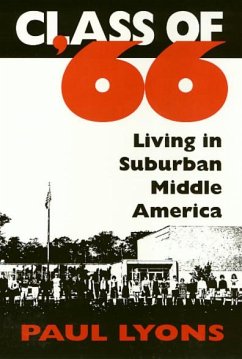
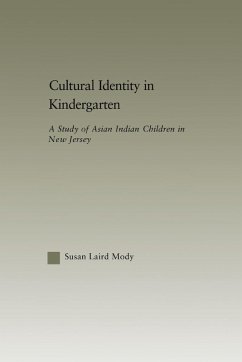
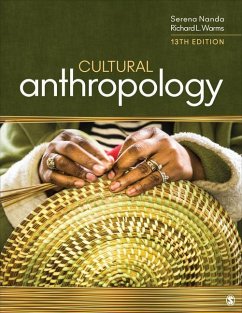
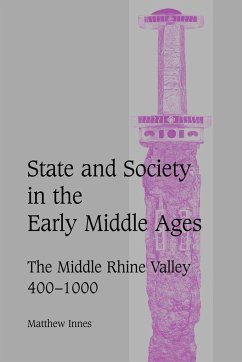
![Was Middle America Peopled From Asia? [microform] Cover Was Middle America Peopled From Asia? [microform]](https://bilder.buecher.de/produkte/65/65528/65528031n.jpg)
